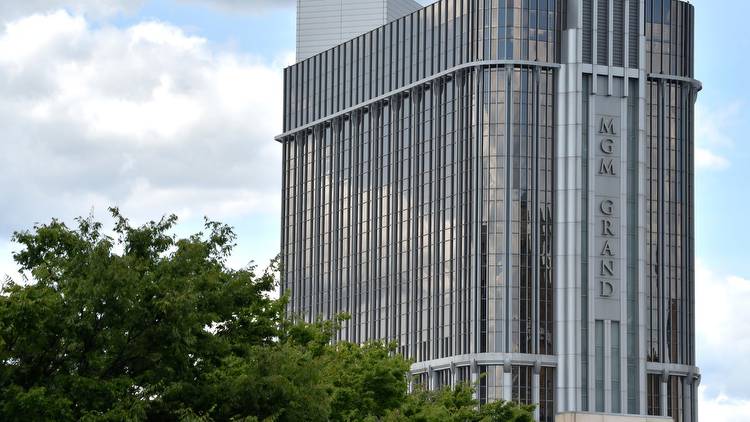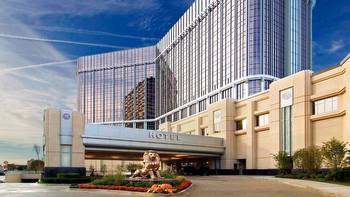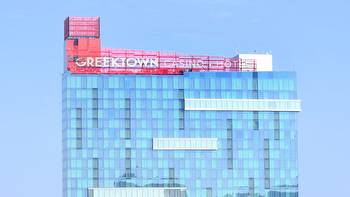Detroit casino September revenues down 21.7% at 15% capacity

Revenue from slots and table games at Detroit's three casinos fell 21.7% year-over-year in September as they operated at 15% capacity due to health concerns related to the novel coronavirus.
Revenues totaled $87.9 million last month, according to the Michigan Gaming Control Board. Taxes on those earnings represent a significant source of income for the city of Detroit. The casinos submitted $10.5 million in wagering taxes and development agreement payments to the city for September, down almost 24% from a year ago.
The payments to the city in August exceeded the city's early forecasts, and September's contributions were 27% more.
The casinos' revenues bring year-to-date totals down 48% compared to 2019 after the casinos reopened in early August. Revenue in September fell by 22.3% to $36.1 million at MGM Grand Detroit, 17.3% to $32.2 million at MotorCity Casino Hotel and 27.2% to $19.6 million at Greektown Casino-Hotel. They paid $7.1 million in taxes to the state of Michigan, down 22% from last year.
Capacity restrictions remain in place under rules by the Michigan Department of Health and Human Services.
The casinos also reported $4.4 million last month in qualified adjusted gross receipts from sports betting, which presents gross sports-betting receipts minus the monetary value of free-play incentives provided to and wagered by bettors. MGM represented $2.1 million of those receipts, while MotorCity represented $1.6 million and Greektown almost $723,000. The city received $202,190 of the total from taxes, and the state received $165,428.
The control board also hopes to license online gaming and sports betting by late fall, spokeswoman Mary Kay Bean said. To get the approval process started, the state has issued five internet gaming and four online sports betting provisional licenses. Final rules have been submitted to the Michigan legislature's Joint Committee on Administrative Rules. They must sit in front of the committee for 15 session days, though it also could choose to waive review or call a hearing.
Additionally, fantasy contest operators reported total adjusted revenues of $2.3 million for August and paid taxes of $189,875 to the state.























